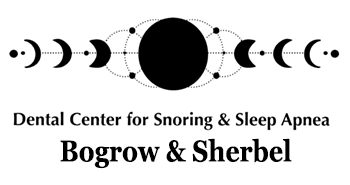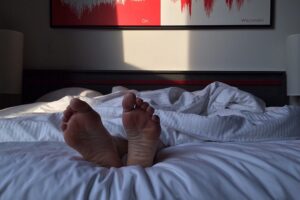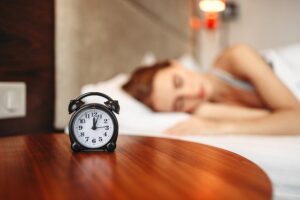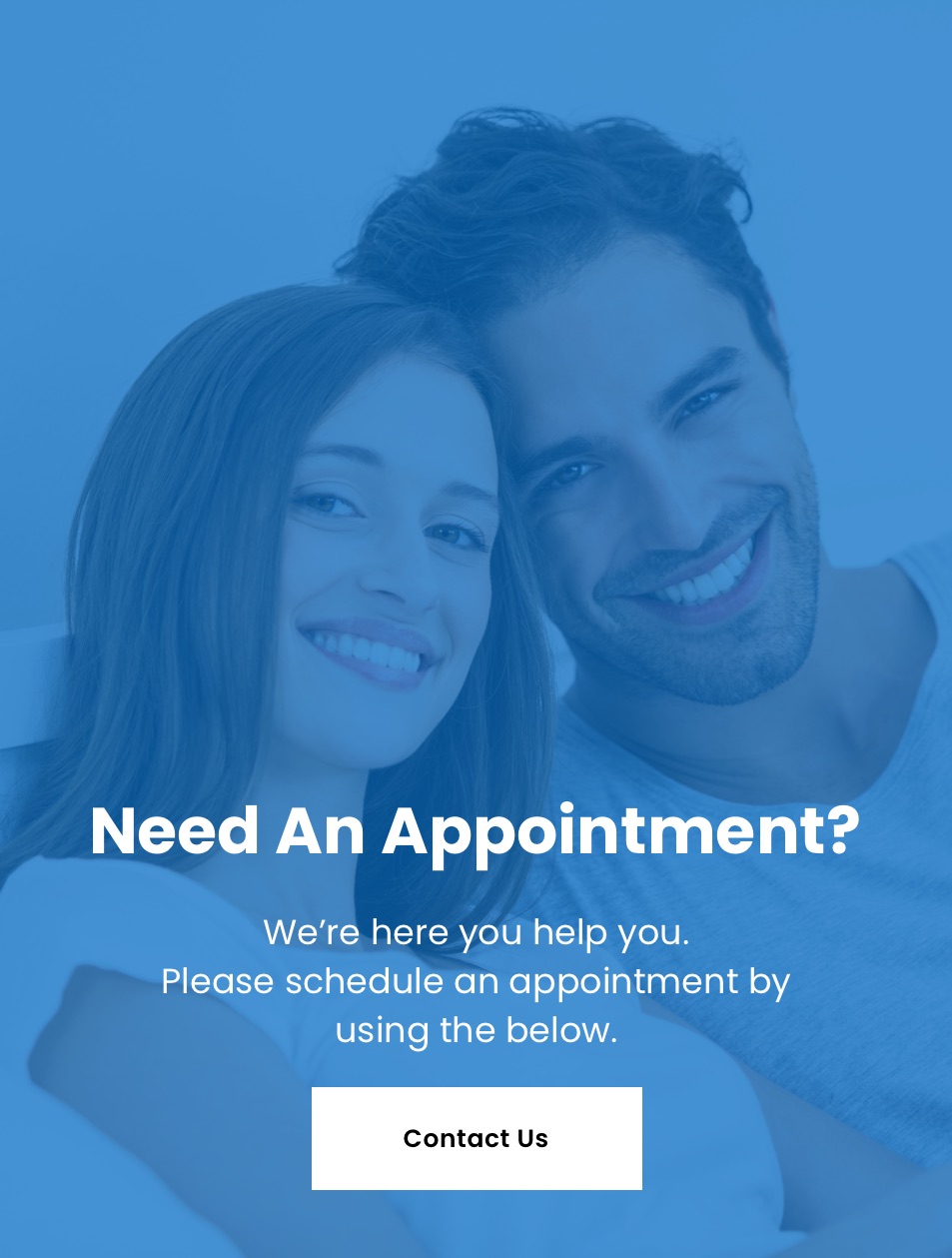What are CPAP Alternatives?
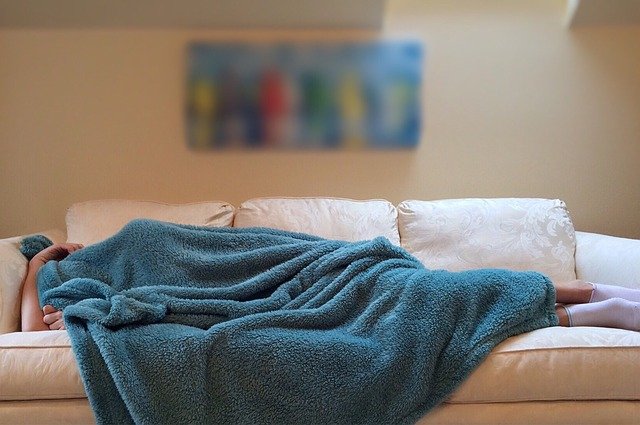
For those people who have difficulty sleeping, especially those diagnosed with sleep apnea, the CPAP has been the go-to treatment. The Continuous Positive Airway Pressure device is an effective treatment option for many people, but it doesn’t work for everyone. Some people find wearing a mask that covers their mouth and nose to be cumbersome and intrusive. Fortunately, for those who cannot use a CPAP, there are other alternative treatment options available.
What is Obstructive Sleep Apnea (OSA)?
OSA is a condition that affects breathing while you are sleeping. A partial or complete blockage of the airway occurs during sleep. When you suffer from obstructive sleep apnea, the soft tissue located at the back of the throat relaxes and blocks your airway. Your brain will send you a jolt to awaken you when it happens. This helps you restart breathing. It can cause uncomfortable symptoms like:
· Very loud snoring
· Gasping for air while you are asleep
· Disrupted sleep patterns
Those with OSA often feel sleepy and tired the next day because of the disruptions to their sleep. Having OSA can also increase your risks for certain conditions such as stroke, depression, heart attack, and high blood pressure.
What if the CPAP doesn’t work for me?
The CPAP is generally effective at treating OSA. But since it doesn’t work for everyone, some alternatives are available. There are also a few lifestyle changes you can try to see if they make a difference. Here is a brief look at some of the things you can try.
· Weight loss. If you are obese or overweight, fat often settles around the neck or throat. This extra pressure can cause sleep apnea. Those who lost just 10% of their body weight may be able to improve sleep apnea symptoms.
· Sleep on one side. By sleeping on one side instead of on your back, it can be easier for your lungs to get air.
· Avoid alcohol. Having alcoholic beverages before bedtime can cause your upper airway muscles to relax making it more difficult to breathe. This can interrupt your sleep.
· Regular exercise. Exercising regularly can help you lose weight and for some people, at least reduces the severity of sleep apnea.
· Don’t smoke. Smoking can cause airway swelling plus it has other harmful effects on your health.
Using Oral Appliances Instead of the CPAP
Along with lifestyle changes, Dr. Bogrow recommends the use of an oral appliance to treat sleep apnea and is trained in how to properly fit this device for the patient to ensure it is successful. There are different styles of oral appliances, but they work to move the jaw forward enough, so the muscles stay tight. By keeping them tight, they do not collapse or block the airway. Also called a mandibular advancement device, an oral appliance helps open the airway to prevent sleep apnea and snoring. Oral appliances have different styles and designs. Dr. Bogrow can determine which is would be the most effective for you based on your personal characteristics and how your symptoms are presenting.
Advantages of Using Oral Appliances
There are numerous benefits for patients who use oral appliances as a CPAP alternative. Here are just a few of them.
· Minimizes claustrophoba. Wearing an oral appliance, in most cases is about the same as wearing a sports mouthguard. There is no mask covering your mouth and nose. While wearing an oral appliance, your nose and mouth are free to breathe room air.
· Promotes more comfortable sleep positions. If you move around a lot during your sleep, you may have gotten tangled up in the CPAP hosing. Maybe the mask moved out of place while you were turning in your bed. Oral appliances don’t get in your way and there are no hoses to become tangled.
· Portable. Oral appliances are small. It is just one piece and it comes with its own case. It’s easily slipped in a pocket or purse, or you can just carry it in a hand. The small size makes it highly portable and easy to travel with.
· No nighttime noises. Unlike CPAP machines, that blow air continuously all night, an oral appliance makes no noise. Even light sleepers and your bed partner will appreciate the noiseless device.
Contact Michigan Sleep Apnea Center
If you suffer from sleep apnea but the CPAP just hasn’t worked for you, contact Dr. Bogrow. He can help you determine if an oral appliance is a suitable CPAP alternative for you. Call today to schedule your free consultation.
